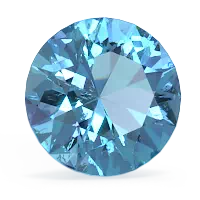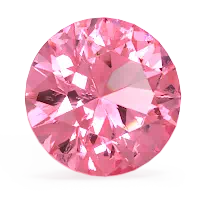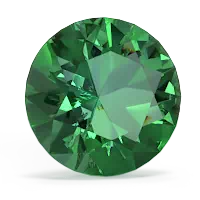


Blue Topaz is known as the gem that has the power to improve one’s communication skills. A blue topaz pendant may make you a more eloquent and confident speaker. A sapphire is said to bring serenity and purity to the wearer. Wear a pink sapphire pendant for serenity and purity with a splash of fun and irreverence. Emerald is associated with Venus, the Greek goddess of love and beauty. They say an emerald pendant can protect lovers from unfaithfulness.